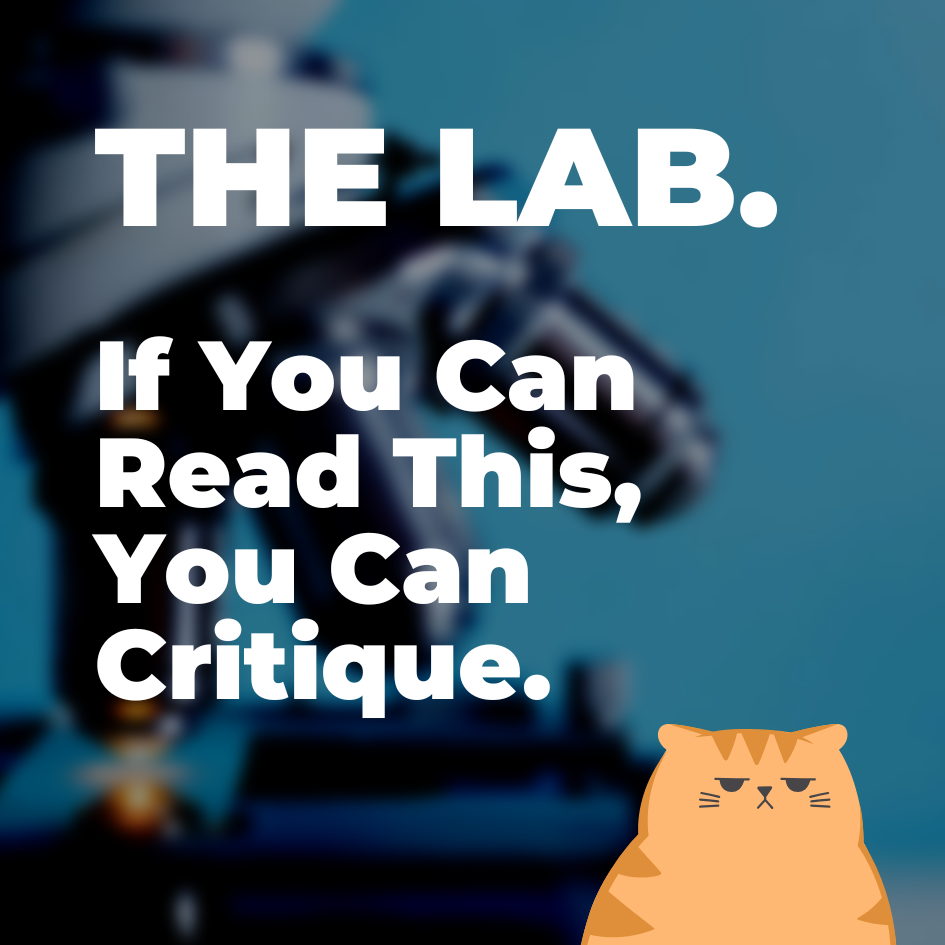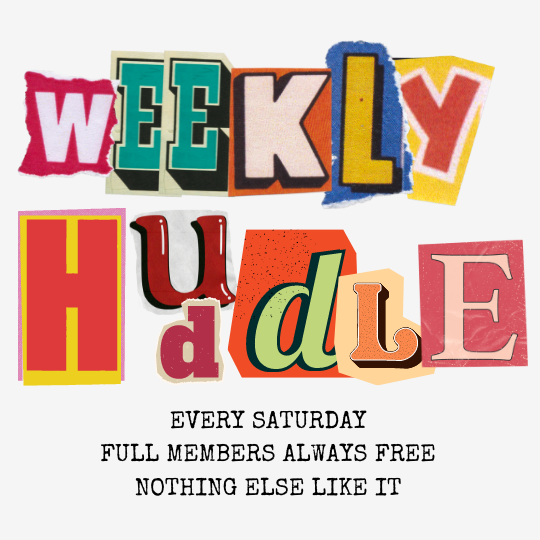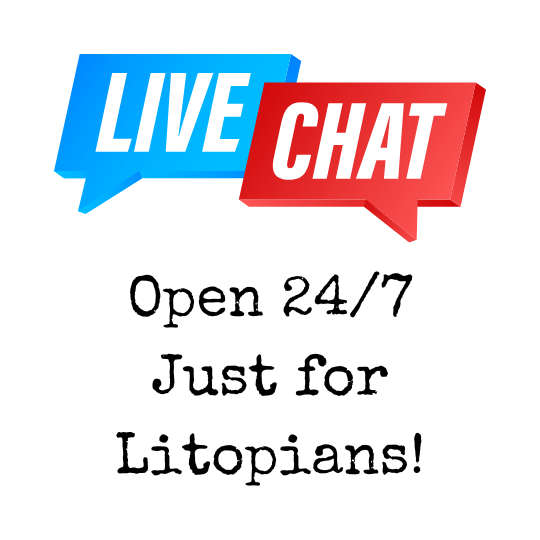David Newrick
Basic
Social media has gone slightly berserk with indignation, tears and apparently even death threats. Why?
Someone has dared to question the validity and worth of self-publishing. Not really a good move for your health it would seem, giving the current vitriolic backlash in the digital world over an article in The Huffington Post.
Here is a link to that article in The Huffington Post -
Self-Publishing: An Insult To The Written Word | The Huffington Post
As I am attached to my life and intend to keep a hold of it for quite a lot of years yet I thought I would stay out of the controversy but hold a poll instead. I have many thoughts on this subject but I will happily let you all debate it instead.
Here is the poll -
Someone has dared to question the validity and worth of self-publishing. Not really a good move for your health it would seem, giving the current vitriolic backlash in the digital world over an article in The Huffington Post.
Here is a link to that article in The Huffington Post -
Self-Publishing: An Insult To The Written Word | The Huffington Post
As I am attached to my life and intend to keep a hold of it for quite a lot of years yet I thought I would stay out of the controversy but hold a poll instead. I have many thoughts on this subject but I will happily let you all debate it instead.
Here is the poll -




